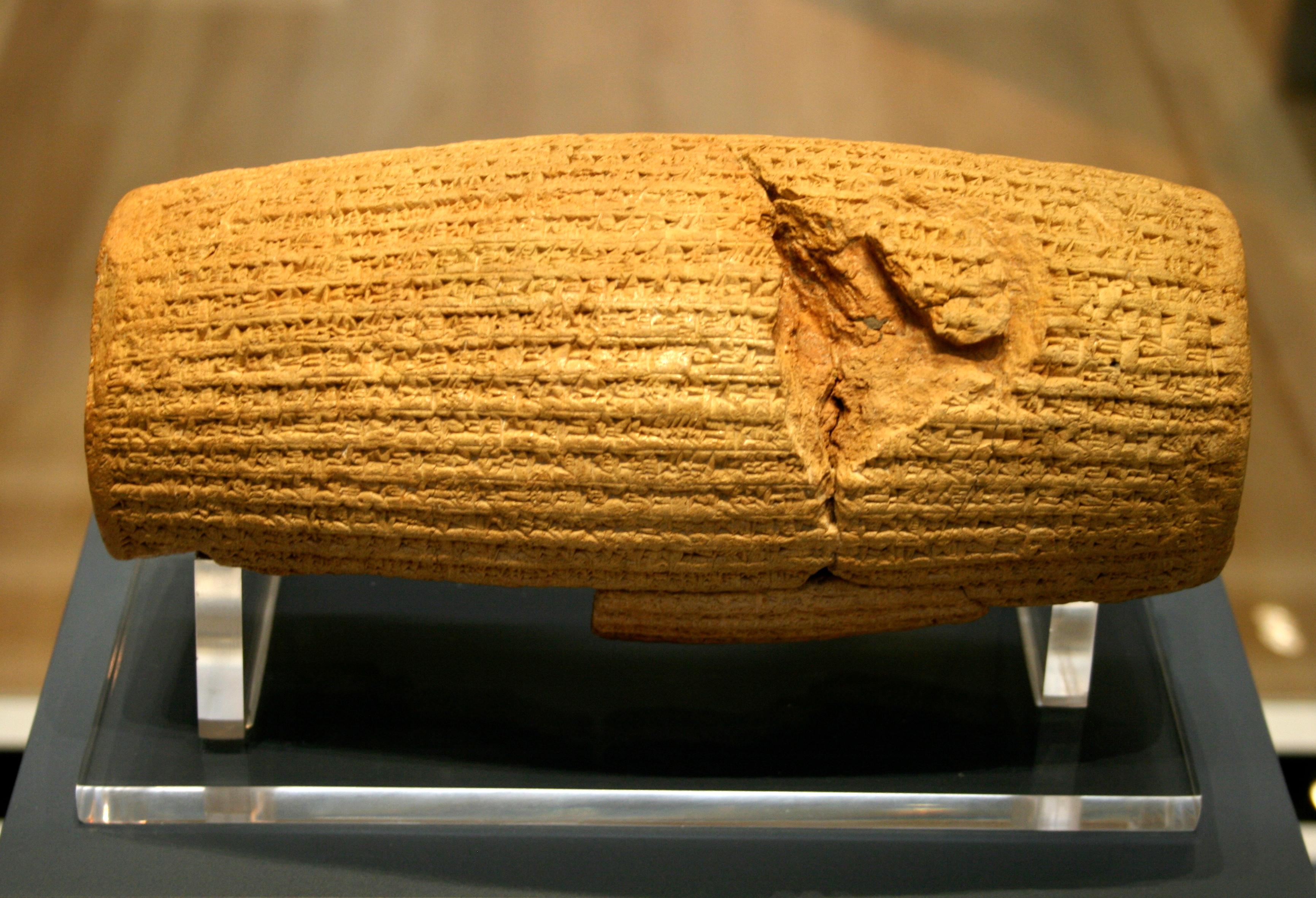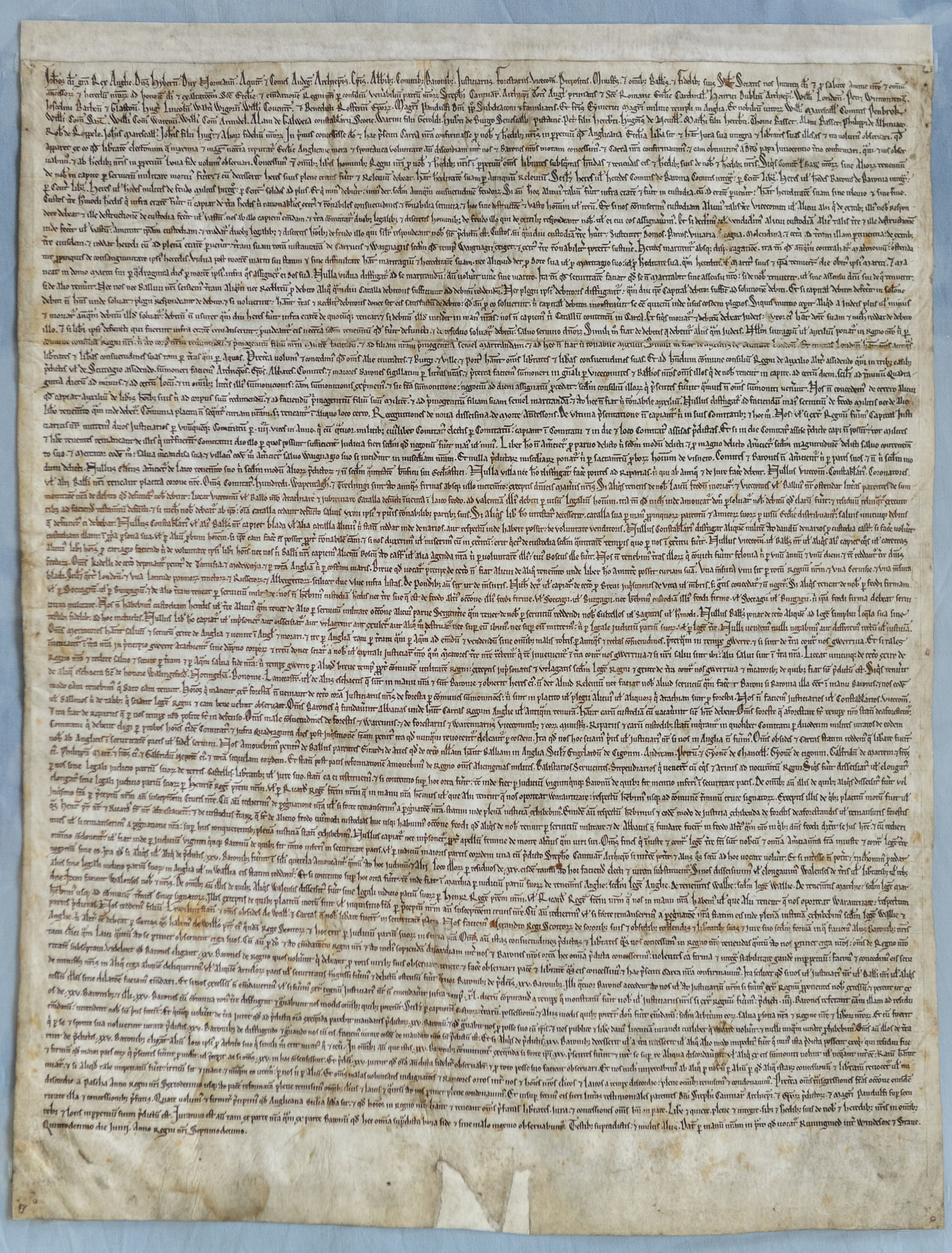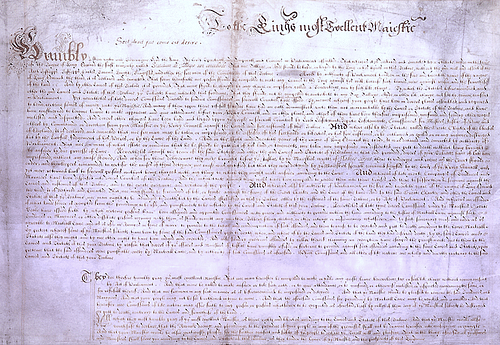A Brief History Of Human
Rights
The Cyrus Cylinder (539 B.C.)

- In 539 B.C., the armies of Cyrus the Great, the first king of ancient Persia, conquered the city of Babylon. But it was his next actions that marked a major advance for Man
- He freed the slaves
- Declared that all people had the right to choose their own religion,
- established racial equality
- These and other decrees were recorded on a baked-clay cylinder in the Akkadian language with cuneiform script.
- Known today as the Cyrus Cylinder, this ancient record has now been recognized as the world’s first charter of human rights.
- It is translated into all six official languages of the United Nations and its provisions parallel the first four Articles of the Universal Declaration of Human Rights
The Magna Carta (1215)

- Known as The Magna Carta, or “Great Charter”.
- In 1215, after King John of England violated a number of ancient laws and customs by which England had been governed
- his subjects forced him to sign the Magna Carta, which enumerates what later came to be thought of as human rights.
- Among them was
- the right of the church to be free from governmental interference
- the rights of all free citizens to own and inherit property
- protected from excessive taxes
- established the right of widows who owned property to choose not to remarry
- established principles of due process and equality before the law
- It also contained provisions forbidding bribery and official misconduct
- Widely viewed as one of the most important legal documents in the development of modern democracy
- the Magna Carta was a crucial turning point in the struggle to establish freedom
Petition of Right (1628)

- The next recorded milestone in the development of human rights was the Petition of Rights, produced in 1628 by the English Parliament and sent to Charles I as a statement of civil liberties.
- Refusal by Parliament to finance the king’s unpopular foreign policy had caused his government to
- exact forced loans
- quarter troops in subjects’ houses as an economic measure
- Arbitrary arrest and imprisonment for opposing these policies had produced in Parliament a violent hostility to Charles and to George Villiers, the Duke of Buckingham.
- The Petition of Right, initiated by Sir Edward Coke, was based upon earlier statutes and charters and asserted four principles:
- No taxes may be levied without the consent of Parliament
- No subject may be imprisoned without cause shown (reaffirmation of the right of habeas corpus)
- No soldiers may be quartered upon the citizenry
- Martial law may not be used in a time of peace.


